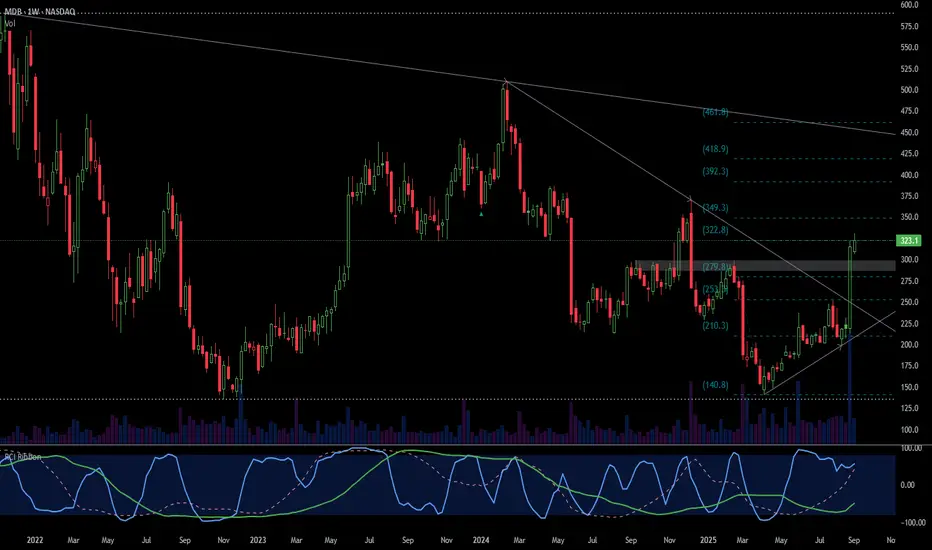The company reported total revenue of $488.5 million, a 25% increase year-over-year, surpassing analyst expectations. A significant portion of this growth was driven by its database-as-a-service offering, Atlas, which saw its revenue climb 32% year-over-year to $332.2 million and now constitutes 68% of the company's total revenue.
A key focus for MongoDB remains its strategic push into the artificial intelligence and machine learning space. The company highlighted the strong adoption of its Vector Search capabilities, which are essential for building generative AI applications and retrieval-augmented generation (RAG) systems. At a recent developer conference, MongoDB announced an expanded partnership with Google Cloud to further integrate its Atlas Vector Search with Google's Vertex AI platform. This collaboration aims to simplify the process for developers to build AI-powered applications by allowing them to use natural language to query their proprietary data securely. The company emphasized that this integration enables organizations to ground large language models (LLMs) with their own real-time data, leading to more accurate and contextually relevant AI outputs.
This is the most fundamental differentiator, especially when compared to traditional relational databases (like MySQL, PostgreSQL, Oracle).
Structure: Instead of the rigid tables, rows, and columns of a relational database, MongoDB stores data in JSON-like BSON (Binary JSON) documents. This allows for nested data structures and arrays within a single record.
A key focus for MongoDB remains its strategic push into the artificial intelligence and machine learning space. The company highlighted the strong adoption of its Vector Search capabilities, which are essential for building generative AI applications and retrieval-augmented generation (RAG) systems. At a recent developer conference, MongoDB announced an expanded partnership with Google Cloud to further integrate its Atlas Vector Search with Google's Vertex AI platform. This collaboration aims to simplify the process for developers to build AI-powered applications by allowing them to use natural language to query their proprietary data securely. The company emphasized that this integration enables organizations to ground large language models (LLMs) with their own real-time data, leading to more accurate and contextually relevant AI outputs.
This is the most fundamental differentiator, especially when compared to traditional relational databases (like MySQL, PostgreSQL, Oracle).
Structure: Instead of the rigid tables, rows, and columns of a relational database, MongoDB stores data in JSON-like BSON (Binary JSON) documents. This allows for nested data structures and arrays within a single record.
Related publications
Disclaimer
The information and publications are not meant to be, and do not constitute, financial, investment, trading, or other types of advice or recommendations supplied or endorsed by TradingView. Read more in the Terms of Use.
Related publications
Disclaimer
The information and publications are not meant to be, and do not constitute, financial, investment, trading, or other types of advice or recommendations supplied or endorsed by TradingView. Read more in the Terms of Use.
